Are you experiencing digestive issues? You’re not alone. Digestive problems are more common than you think, and they can greatly impact your well-being.
Common Digestive Issues
Acid Reflux
Acid reflux, also known as gastroesophageal reflux disease (GERD), is a condition where stomach acid flows back into the esophagus. This can cause a burning sensation in the chest, known as heartburn, as well as regurgitation, bloating, and difficulty swallowing. There are several factors that can contribute to acid reflux, including lifestyle choices, diet, and certain medications.
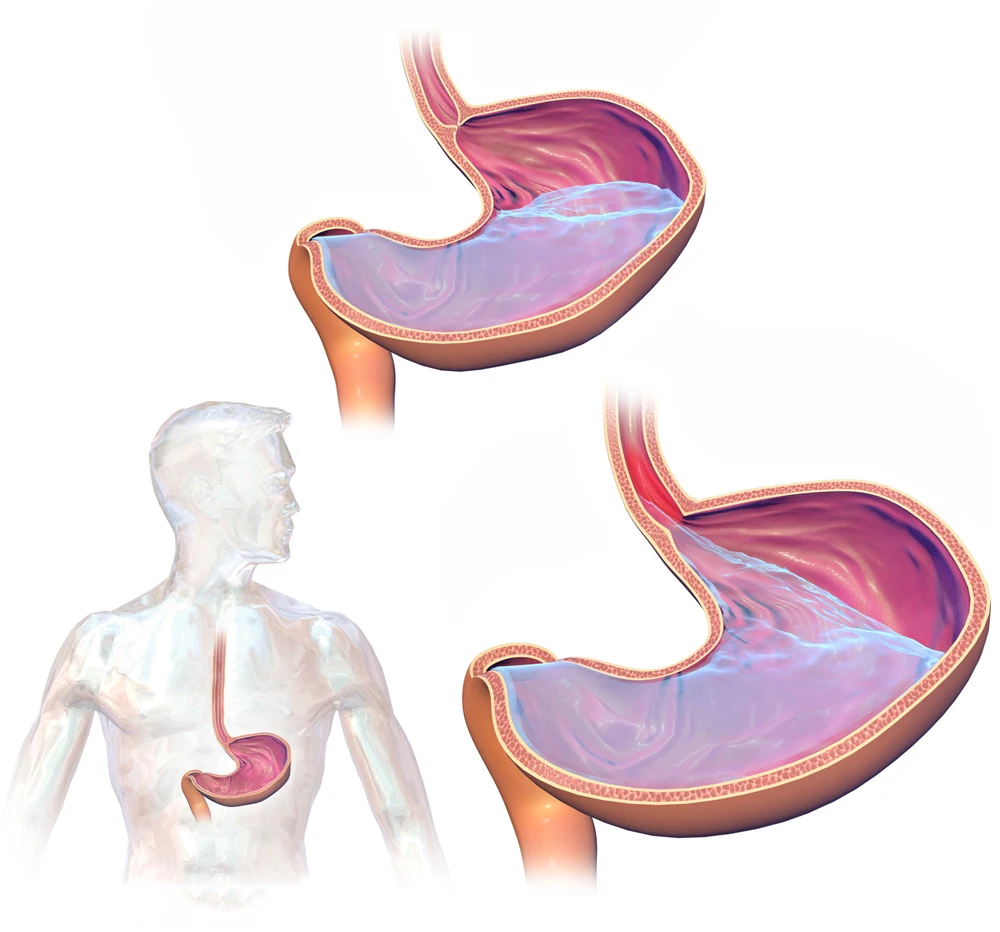
To manage acid reflux, it’s essential to make dietary changes such as avoiding trigger foods like spicy or fatty foods, caffeine, and alcohol. Eating smaller, more frequent meals and maintaining a healthy weight can also help alleviate symptoms. Over-the-counter antacids or prescription medications may be recommended by your doctor to reduce acid production and provide relief.
Irritable Bowel Syndrome (IBS)
Irritable Bowel Syndrome, or IBS, is a chronic disorder that affects the large intestine. It is characterized by abdominal pain, bloating, gas, and changes in bowel habits, such as diarrhea or constipation. The exact cause of IBS is not known, but it is believed to be a combination of factors including abnormal muscle contractions in the intestines, inflammation, and disturbances in the gut-brain axis.
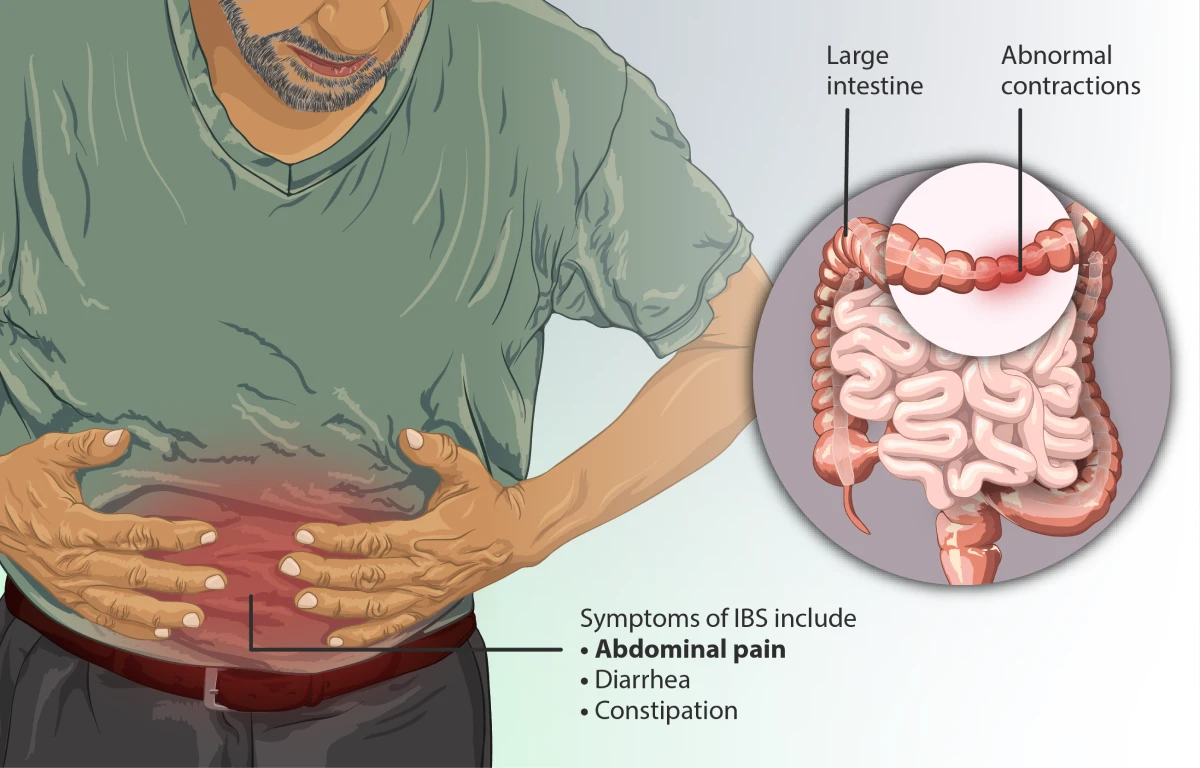
Managing IBS involves identifying trigger foods and making dietary modifications. Increasing fiber intake, staying hydrated, and incorporating probiotics into your diet can also help regulate bowel movements and reduce discomfort. Stress management techniques, such as relaxation exercises or therapy, can be beneficial in managing IBS symptoms.
Crohn’s Disease
Crohn’s disease is a chronic inflammatory bowel disease that can affect any part of the digestive tract, from the mouth to the anus. It causes inflammation, leading to symptoms such as abdominal pain, diarrhea, fatigue, and weight loss. The exact cause of Crohn’s disease is unknown, but it is believed to involve an abnormal immune response triggered by genetic and environmental factors.
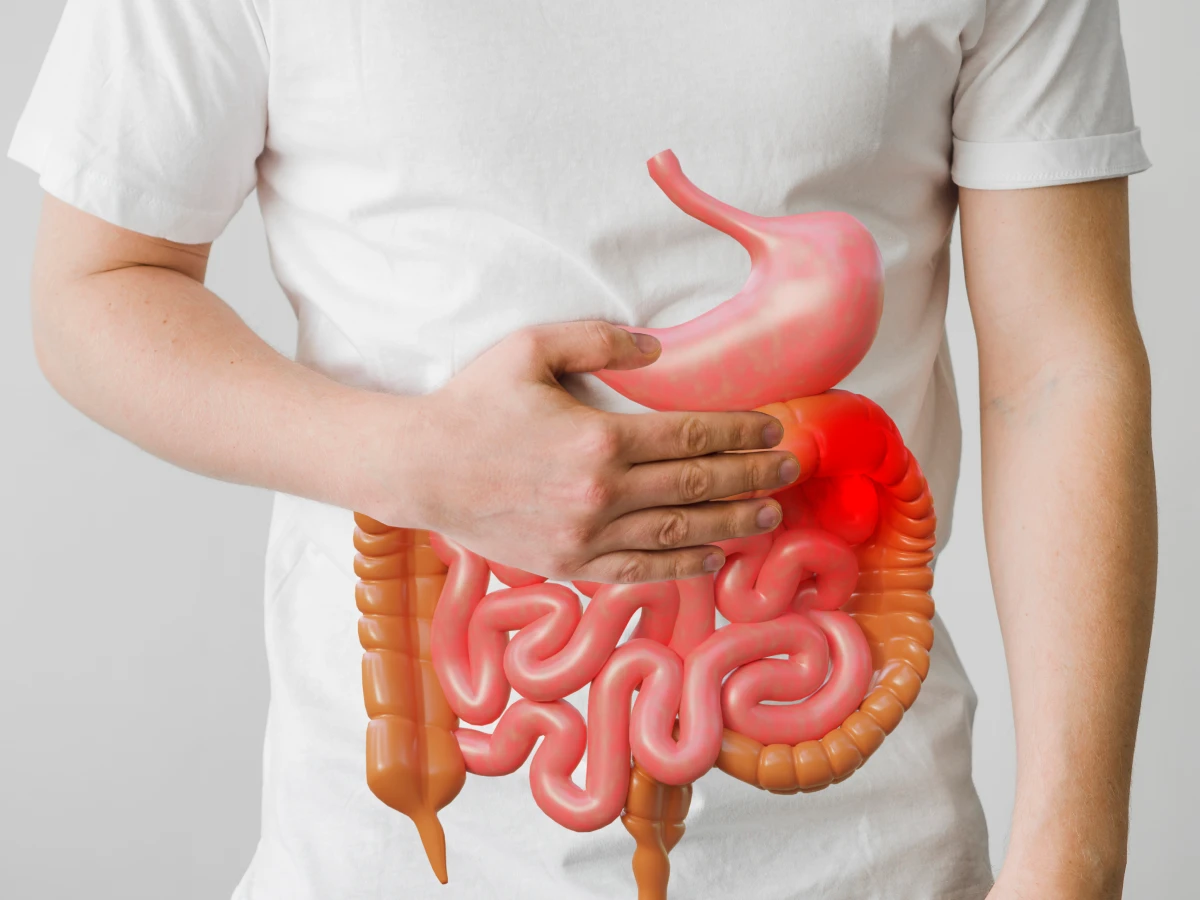
Celiac DiseaseTreatment for Crohn’s disease aims to reduce inflammation and control symptoms. Medications such as anti-inflammatory drugs, immunosuppressants, and biologics may be prescribed by a gastroenterologist. In severe cases, surgery may be necessary to remove damaged sections of the intestine.
Ulcerative Colitis
Ulcerative colitis is another chronic inflammatory bowel disease that primarily affects the colon and rectum. It causes inflammation and ulcers in the lining of the digestive tract, leading to symptoms such as abdominal pain, bloody diarrhea, fatigue, and weight loss. The exact cause of ulcerative colitis is unknown, but it is believed to involve an abnormal immune response.

Treatment for ulcerative colitis aims to reduce inflammation, manage symptoms, and prevent complications. Medications such as anti-inflammatory drugs, immunosuppressants, and biologics may be prescribed. In severe cases, surgery to remove the colon and rectum may be necessary.
Celiac Disease
Celiac disease is an autoimmune disorder triggered by consuming gluten, a protein found in wheat, barley, and rye. When individuals with celiac disease consume gluten, it damages the lining of the small intestine, leading to malabsorption of nutrients. Symptoms can vary but commonly include abdominal pain, bloating, diarrhea, and weight loss.

The primary treatment for celiac disease is a strict gluten-free diet. This involves avoiding all foods and products containing gluten. It’s important to read labels carefully and be aware of hidden sources of gluten. A dietitian can provide guidance and help ensure proper nutritional intake.
Gallstones
Gallstones are hardened deposits that form in the gallbladder, a small organ located beneath the liver. They can range in size from a grain of sand to a golf ball and can cause severe pain and discomfort. Gallstones may be formed due to an imbalance in the chemicals present in bile or a decrease in gallbladder emptying.
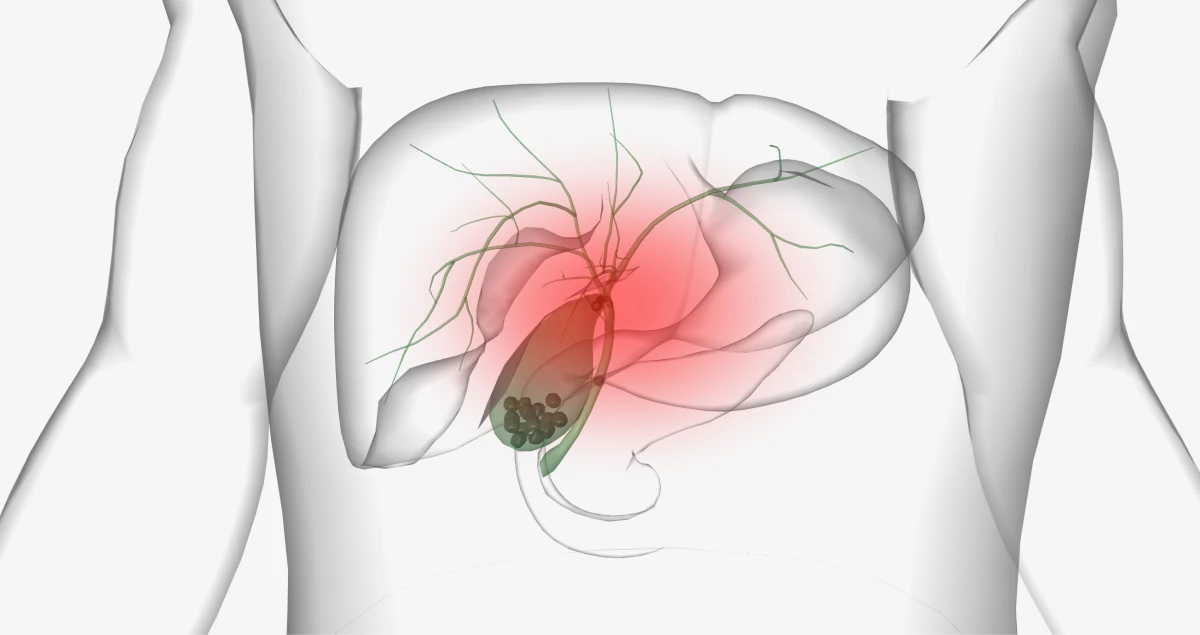
Treatment for gallstones depends on the severity of symptoms. In mild cases, dietary changes, such as reducing fat intake, may be recommended. In more severe cases, surgical removal of the gallbladder may be necessary.
Tips for Managing Digestive Issues

Keep a food diary
Tracking your food intake and symptoms can help identify trigger foods and make necessary dietary modifications.
Stay hydrated
Drinking enough water can help maintain regular bowel movements and prevent constipation.
Manage stress
Practice stress management techniques such as meditation, yoga, or deep breathing exercises to reduce the impact of stress on your digestive system.
Incorporate probiotics
Probiotics, found in certain foods or supplements, can help promote a healthy balance of gut bacteria.
Avoid smoking and excessive alcohol consumption: Both smoking and excessive alcohol can irritate the digestive system and worsen symptoms.
Exercise regularly
Physical activity can help regulate bowel movements and improve overall digestive health.
Consult a healthcare professional
If you’re experiencing persistent or severe digestive issues, it’s important to seek medical advice for proper diagnosis and treatment.
Conclusion
Digestive issues can significantly impact your quality of life, but with proper understanding and management, you can find relief. From acid reflux and IBS to Crohn’s disease and gallstones, recognizing the signs and taking proactive steps to address these issues can make a significant difference in your digestive health. Remember to consult with healthcare professionals for personalized advice and treatment options. Take control of your digestive health and live your life to the fullest!

By following the tips provided and making necessary lifestyle changes, you can better support your gut and improve your overall well-being. Don’t ignore digestive issues; take action today for a healthier tomorrow. Stay tuned for more informative articles on digestive health and wellness.


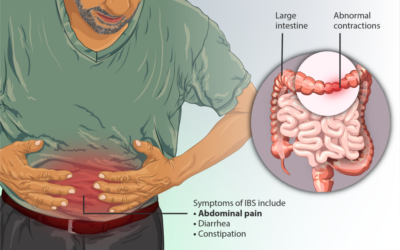

0 Comments